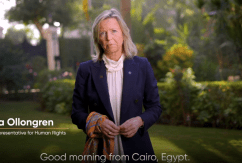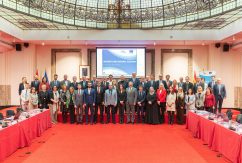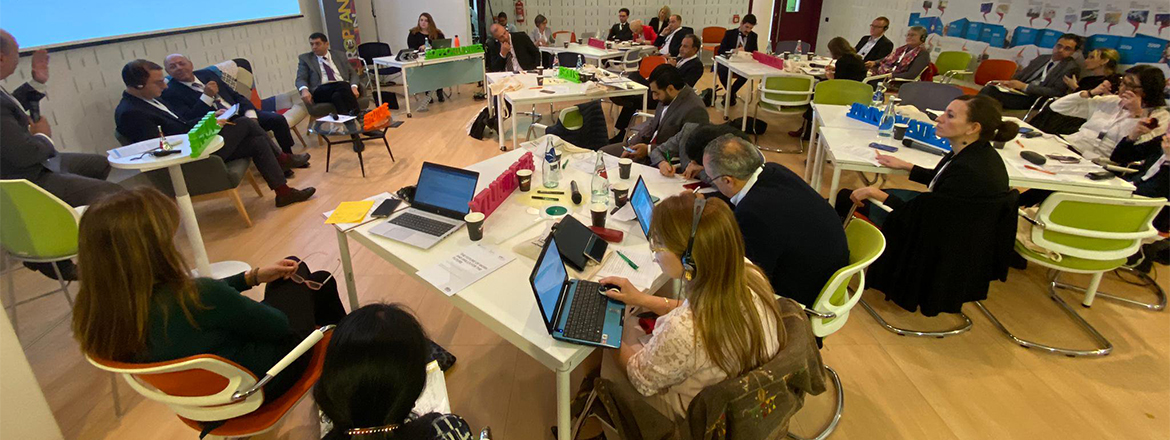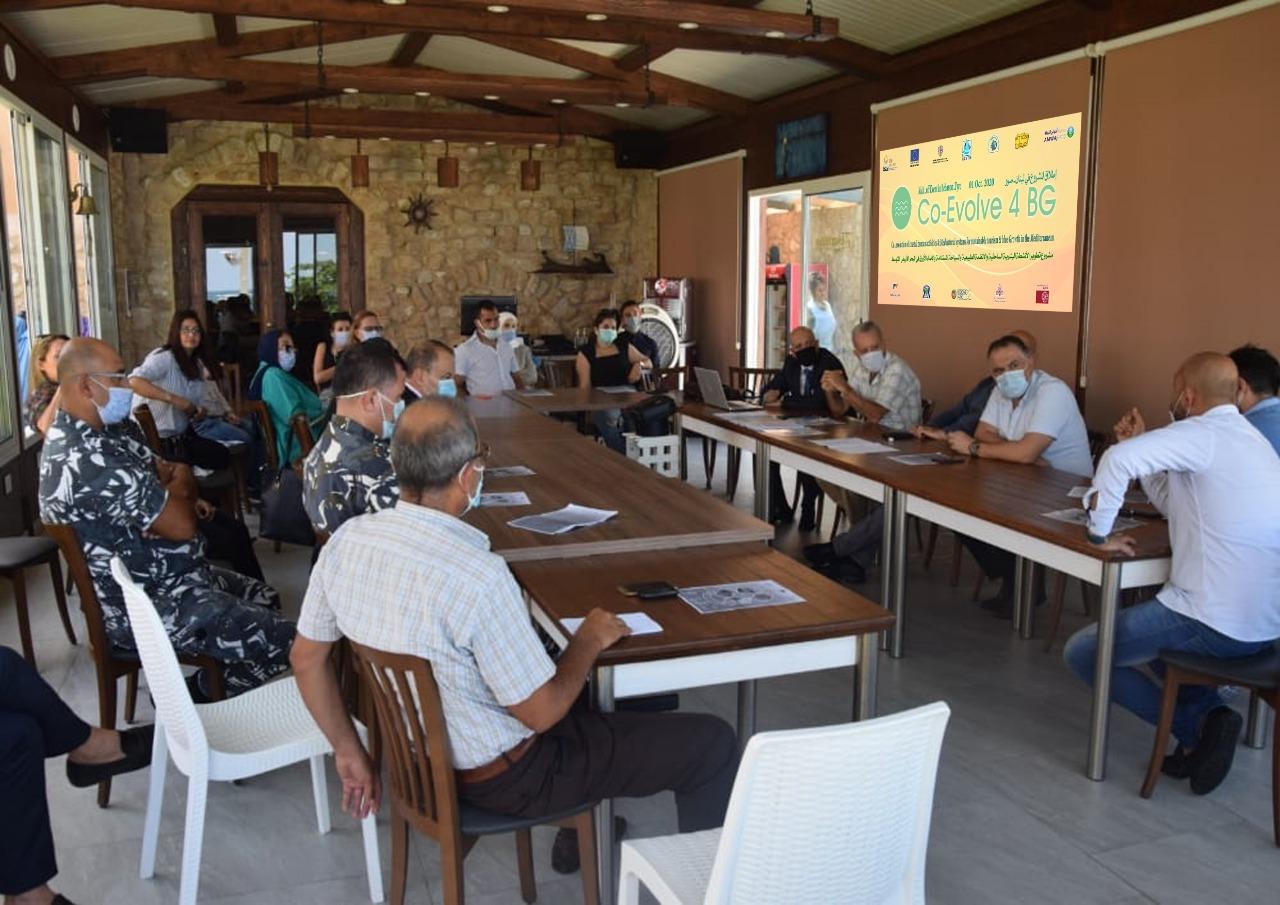The EU supports Lebanon’s forestry efforts

Lebanon has a very rich biodiversity and a large variety of habitats and species. To preserve it, a national biodiversity strategy was developed.
However, its biodiversity is under great pressure. Threats, affecting each of us, include mass and unregulated urbanisation; air, land and water pollution; illegal hunting practices and climate change – which explain that Lebanon is considered a “hotspot” for biodiversity in the Mediterranean Basin.
This is why the European Union and its Member States have been committed to supporting forestry actions in Lebanon for a long time. Most of their efforts have been focusing on building capacity towards the management of natural reserves, strengthening the environmental role played by forests, as well as better integrating forests into local economies.
Read more





























 Syria
Syria 





